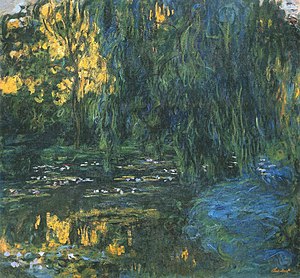
Media studies is a discipline and field of study that deals with the content, history, and effects of various media; in particular, the mass media. Media Studies may draw on traditions from both the social sciences and the humanities, but mostly from its core disciplines of mass communication, communication, communication sciences, and communication studies.
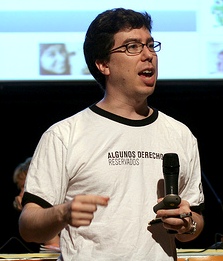
Jonathan L. Zittrain is an American professor of Internet law and the George Bemis Professor of International Law at Harvard Law School. He is also a professor at the Harvard Kennedy School, a professor of computer science at the Harvard School of Engineering and Applied Sciences, and co-founder and director of the Berkman Klein Center for Internet & Society. Previously, Zittrain was Professor of Internet Governance and Regulation at the Oxford Internet Institute of the University of Oxford and visiting professor at the New York University School of Law and Stanford Law School. He is the author of The Future of the Internet and How to Stop It as well as co-editor of the books, Access Denied, Access Controlled, and Access Contested.
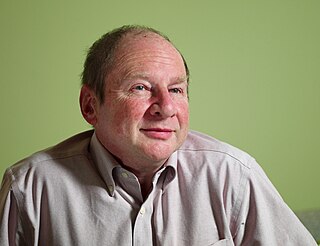
Harold Abelson is a Professor of Computer Science and Engineering in the Department of Electrical Engineering and Computer Science at the Massachusetts Institute of Technology (MIT), a founding director of both Creative Commons and the Free Software Foundation, creator of the MIT App Inventor platform, and co-author of the widely-used textbook Structure and Interpretation of Computer Programs, sometimes also referred to as "the wizard book."

David Sanford Milch is an American writer and producer of television series. He has created several television shows, including ABC's NYPD Blue (1993–2005), co-created with Steven Bochco, and HBO's Deadwood.
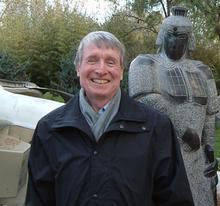
John Henry Holland was an American scientist and professor of psychology and electrical engineering and computer science at the University of Michigan, Ann Arbor. He was a pioneer in what became known as genetic algorithms.

David Martin Bevington was an American literary scholar. He was the Phyllis Fay Horton Distinguished Service Professor Emeritus in the Humanities and in English Language & Literature, Comparative Literature, and the college at the University of Chicago, where he taught since 1967, as well as chair of Theatre and Performance Studies. "One of the most learned and devoted of Shakespeareans," so called by Harold Bloom, he specialized in British drama of the Renaissance, and edited and introduced the complete works of William Shakespeare in both the 29-volume, Bantam Classics paperback editions and the single-volume Longman edition. After accomplishing this feat, Bevington was often cited as the only living scholar to have personally edited Shakespeare's complete corpus.

The Centaur is a novel by John Updike, published by Alfred A. Knopf in 1963. It won the U.S. National Book Award for Fiction. Portions of the novel first appeared in Esquire and The New Yorker.
World literature is used to refer to the total of the world's national literature and the circulation of works into the wider world beyond their country of origin. In the past, it primarily referred to the masterpieces of Western European literature; however, world literature today is increasingly seen in an international context. Now, readers have access to a wide range of global works in various translations.

Jane Yellowlees Douglas is a pioneer author and scholar of hypertext fiction. She began writing about hypermedia in the late 1980s, very early in the development of the medium. Her 1993 fiction I Have Said Nothing, was one of the first published works of hypertext fiction.
Technoculture is a neologism that is not in standard dictionaries but that has some popularity in academia, popularized by editors Constance Penley and Andrew Ross in a book of essays bearing that title. It refers to the interactions between, and politics of, technology and culture.

David M. Halperin is an American theorist in the fields of gender studies, queer theory, critical theory, material culture and visual culture. He is the cofounder of GLQ: A Journal of Lesbian and Gay Studies, and author of several books including Before Pastoral (1983) and One Hundred Years of Homosexuality (1990).

Pauline Alice Maier was a revisionist historian of the American Revolution, whose work also addressed the late colonial period and the history of the United States after the end of the Revolutionary War. She was the William R. Kenan, Jr. Professor of American History at the Massachusetts Institute of Technology (MIT).
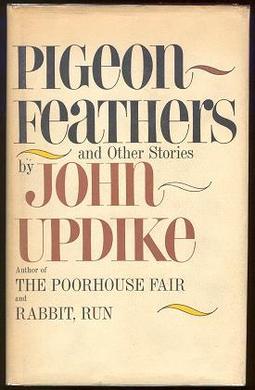
Pigeon Feathers and Other Stories is a collection of 19 works of short fiction by John Updike. The volume is Updike's first collection of short stories, published by Alfred A. Knopf in 1962. It includes the stories "Wife-Wooing" and "A&P ", which have both been anthologized.

Ian Bogost is an American academic and video game designer, most known for the game Cow Clicker. He holds a joint professorship at Washington University as director and professor of the Film and Media Studies program in Arts & Sciences and the McKelvey School of Engineering. He previously held a joint professorship in the School of Literature, Media, and Communication and in Interactive Computing in the College of Computing at the Georgia Institute of Technology, where he was the Ivan Allen College of Liberal Arts Distinguished Chair in Media Studies.
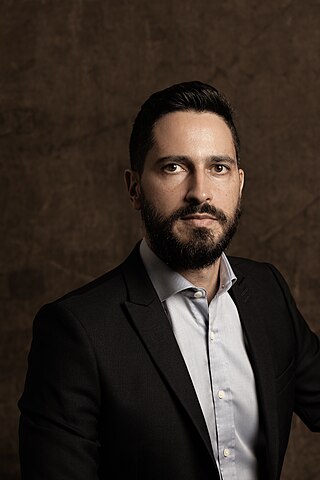
Ronaldo Lemos is a Brazilian academic, lawyer and commentator on intellectual property, technology, and culture.

Robert Lecker is a Canadian scholar, author, and Greenshields Professor of English at McGill University, where he specializes in Canadian literature. He received the H. Noel Fieldhouse Award for Distinguished Teaching at McGill University in 1996. Lecker is a leading authority on Canadian literature. In 2012, Lecker was named a Fellow of the Royal Society of Canada in recognition of his influential studies on literary value in English Canada and Canadian cultural identity. In addition to his teaching and academic writing, Lecker has held a number of prominent positions in the Canadian publishing industry throughout his career. He founded ECW Press in 1997, he co-edited the Canadian literary journal Essays on Canadian Writing between 1975 and 2004, he has edited several anthologies of Canadian and international literature, and he currently heads a literary agency in Montreal, the Robert Lecker Agency.

W. Russell Neuman is Professor of Media Technology, NYU Steinhardt School of Culture, Education, and Human Development and Professor (Emeritus), Communication Studies, University of Michigan. From 2001 to 2013, Dr. Neuman was the John Derby Evans Professor of Media Technology at the University of Michigan. Neuman received a Ph.D. And M.A. At the University of California, Berkeley Department of Sociology as well as a B.A. from Cornell University's Department of Government. He has an extensive teaching and research career at Yale University, Harvard University, University of Pennsylvania, and the University of Michigan. He is one of the founding faculty members at MIT Media Lab and with Ithiel de Sola Pool, MIT's Research Program on Communication Policy. From 2001-2003 he served as a Senior Policy Analyst in the White House Office of Science and Technology Policy working in the areas of information technology, broadband policy as well as biometrics and international security.
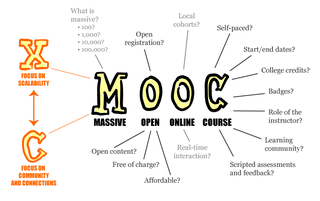
A massive open online course or an open online course is an online course aimed at unlimited participation and open access via the Web. In addition to traditional course materials, such as filmed lectures, readings, and problem sets, many MOOCs provide interactive courses with user forums or social media discussions to support community interactions among students, professors, and teaching assistants (TAs), as well as immediate feedback to quick quizzes and assignments. MOOCs are a widely researched development in distance education, first introduced in 2008, that emerged as a popular mode of learning in 2012, a year called the "Year of the MOOC".
John Edgar Browning is an American author, editor, and scholar known for his nonfiction works about the horror genre and vampires in film, literature, and culture. Previously a visiting lecturer at the Georgia Institute of Technology, he is now a professor of liberal arts at the Savannah College of Art and Design in Atlanta, Georgia.

David H. Autor is an American economist, public policy scholar, and professor of economics at the Massachusetts Institute of Technology (MIT), where he also acts as co-director of the School Effectiveness and Inequality Initiative. Although Autor has contributed to a variety of fields in economics his research generally focuses on topics from labor economics.
